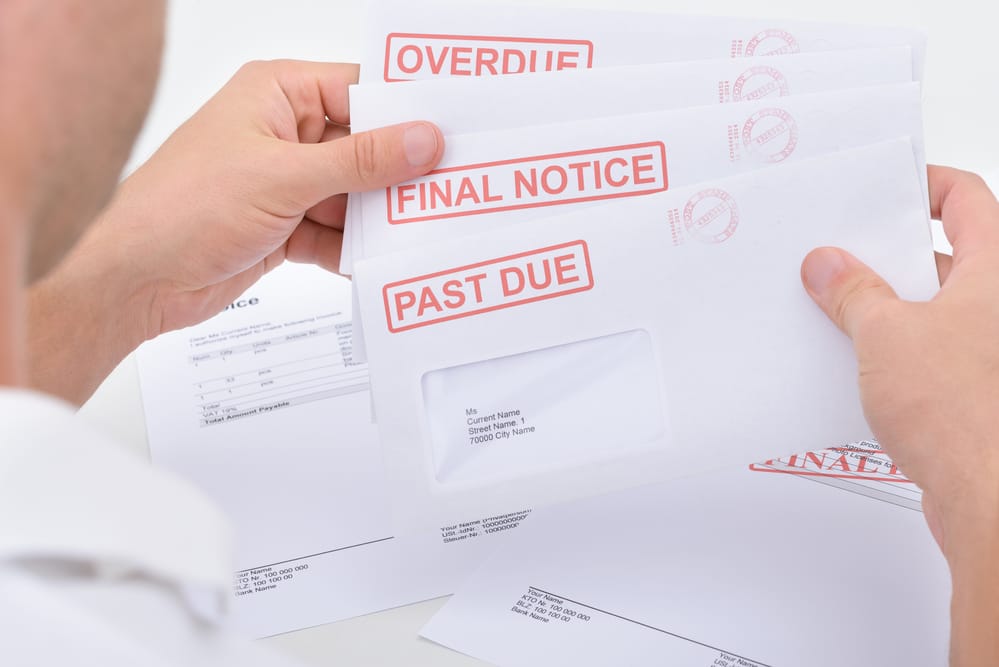
{Read in 4 Minutes} As a Trust and Estates attorney, I frequently represent Executors and Administrators of Estates. Much like myself, Executors and Administrators have to bring order to chaos. It often involves collecting the assets of the Estate, paying any creditors, and getting information out to beneficiaries.
In the past, I’ve written an article about claims against the Estate from the creditor’s standpoint. However, I thought it might be germane to talk about it from the Estate standpoint. When an Executor or an Administrator receives a claim from the Estate, how do they deal with it, and what happens next?
First, the Executor or Administrator needs to decide whether the claim is valid. Not every claim is going to be a valid claim. For example, it is possible the deceased is being invoiced for services they never received or for services they once received (like an account with a cable company, mobile telephone provider, or Netflix account but have not been actively using those recently because they’re dead!). An Executor or an Administrator can call these providers and let them know that their customer is deceased, and they will immediately write off all of the postmortem charges. Similarly, the Executor or Administrator may receive medical bills. The Executor or Administrator should follow up and ensure that the provider submitted the claim to any medical insurance carrier of the deceased to ensure, if possible, payment from someone other than the Estate.
Second, the Executor or Administrator can either allow or deny the claim. If they don’t dispute the claim, they can approve it and pay it as a valid debt of the Estate. If they dispute the claim because they do not find it valid, they can deny it. They can do so in writing, simply stating they have denied it, or use the statute in New York State that states if the Executor has not responded to the creditor within 90 days, the Executor or Administrator is presumed to have denied that creditor’s claim.
Third, discuss with the creditors and see if you can negotiate the claim. There are some claims that you cannot negotiate, but several other claims are subject to negotiation. For example, any claim that has gone to a collection agency is typically negotiated down. Sometimes the collection agencies, in their letter with the claim, offer a significant discount. The Executor should not be shy about proposing this if they do not. A general rule of thumb is to offer fifty cents on the dollar to start and see if they will accept it. It can save significant amounts of money, leaving more available to the beneficiaries. You’ll look like a hero to the beneficiaries when you circulate your accounting.
And then fourth, pay the claims. For valid claims, the Executor or Administrator can come up with a timeline to pay them. In general, an Executor or an Administrator should hold on to the assets of the Estate for seven months after receiving Letters. This is the period during which creditors may present claims. However, once the seven-month period has expired, the Executor or Administrator can write checks.
If the Executor or Administrator has an attorney, discussing options with them is always a good idea. They may have some helpful insight and can help guide the Executor or Administrator’s decision. For more information on this topic, please, contact me.
